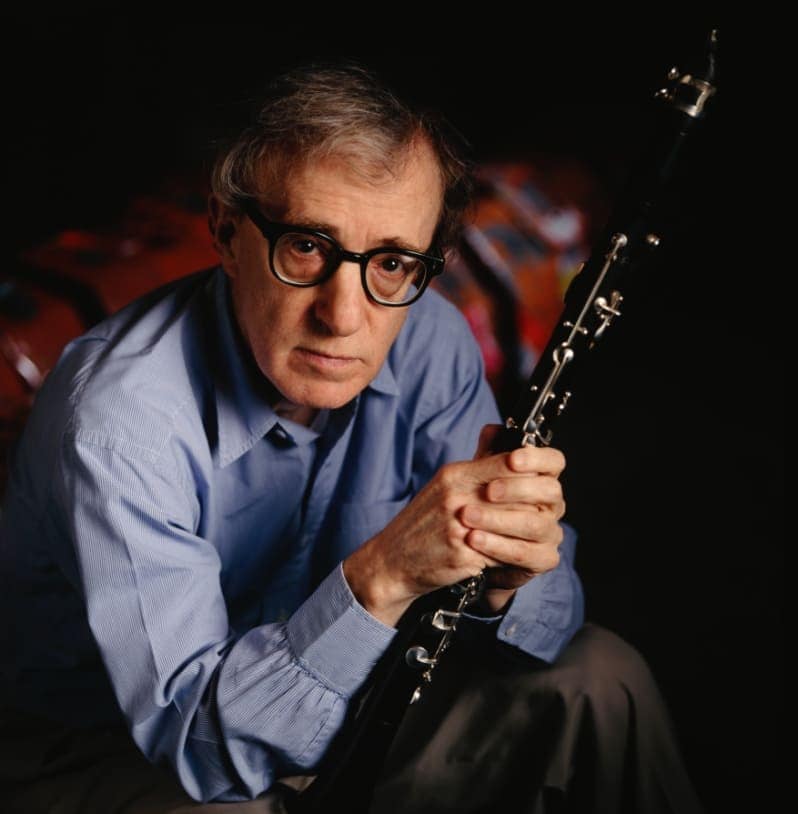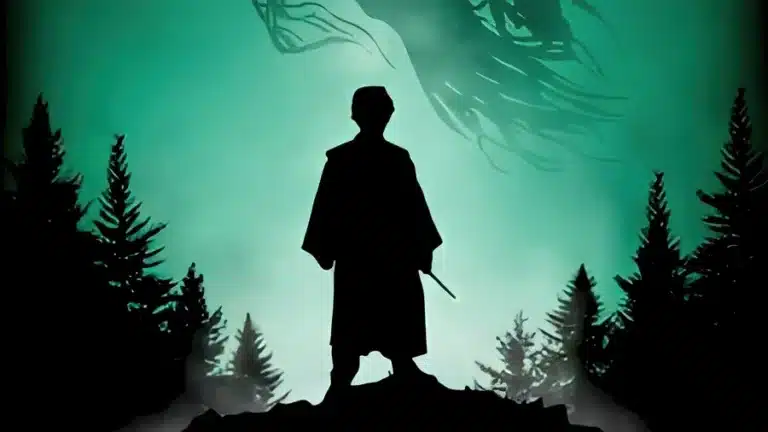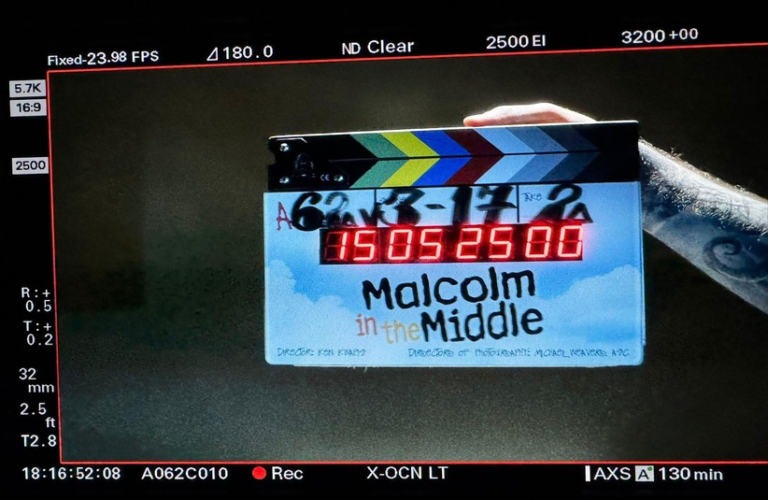Woody Allen Honors Ex Diane Keaton in Heartfelt Tribute: ‘It’s a Drearier World’
In a world that seems to get drearier by the minute, we’ve lost another titan. Diane Keaton, the quirky and endlessly charming actress who defined a generation with her style and wit, has passed away at the age of 79. And in a move that feels both strangely poignant and predictably complicated, Woody Allen has penned a tribute to his most iconic muse.
Published in The Free Press, Allen’s remembrance of Keaton is a journey through their legendary romance and creative partnership. It’s filled with the kind of intimate, sepia-toned memories you’d expect from a man whose entire career feels like a long, rambling psychoanalysis session set to jazz music.
“Unlike anyone the planet has experienced or is unlikely to ever see again, her face and laugh illuminated any space she entered,” Allen wrote.
Woody Allen and Diane Keaton: A Match Made in Neurotic Heaven
Allen recalls their first encounter with the cinematic flair you’d expect. It was at an audition for his 1969 play, “Play It Again, Sam.” Keaton, a fresh-faced transplant from Orange County, was working as a coat check girl and moonlighting in “Hair” when she was recommended for the part.
“If Huckleberry Finn was a gorgeous young woman, he’d be Keaton,” Allen mused in his essay for The Free Press, according to Variety — a bizarrely specific and yet somehow perfect description.
Their connection wasn’t immediate. “She was shy, I was shy, and with two shy people, things can get pretty dull,” he confessed. But one fateful meal changed everything. “She was so charming, so beautiful, so magical, that I questioned my sanity. I thought: Could I be in love so quickly?” Spoiler alert: he was.
By the time the play opened, they were an item, launching one of Hollywood’s most mythologized partnerships. They would go on to collaborate on several of Allen’s most celebrated works—”Sleeper,” “Manhattan,” and of course, “Annie Hall” which won Keaton the Oscar and gave audiences one of cinema’s most beloved heroines. Her loose ties, men’s slacks, and nervous charisma rewrote what it meant to be a romantic lead in the 1970s.
Keaton wasn’t just a girlfriend or a leading lady; she was his creative North Star. Allen claims he never bothered with reviews, only caring about Keaton’s opinion. One can only imagine the pressure of being the sole critic for a man who churns out films like a factory.
Beyond the Silver Screen: The Woman Behind the Icon
Allen makes it clear that Keaton was more than just her on screen persona. In his essay for The Free Press, as reported by The New York Times, he praised her as a writer, photographer, decorator, and director — a woman with what he called an “unwavering aesthetic judgment.” He even claimed she wouldn’t hesitate to critique Shakespeare if she thought he’d “gone wrong.” You have to respect that kind of confidence.
The essay isn’t without its folksy, almost comically out-of-place anecdotes. Allen recounted a Thanksgiving at Keaton’s family home where he played penny poker and walked away with “about 80 cents.” It’s a scene so perfectly Allen-esque, you can almost hear the clarinet score in the background.
“This beautiful yokel went on to become an award-winning actress and sophisticated fashion icon,” Allen wrote, his affection tinged with his trademark brand of backhanded compliment. Of their eventual breakup, he remained cryptically vague: “Why we parted only God and Freud might be able to figure out.”
A classic Woody Allen sign off if there ever was one.
For fans, the essay painted Keaton as the heartbeat of an era — a woman who could turn self doubt into art, awkwardness into charm, and vulnerability into power. Even offscreen, she remained unapologetically herself: a lover of wide brimmed hats, turtlenecks, and eccentric homes filled with vintage photographs and rescued furniture. In a Hollywood that prizes reinvention, Keaton was an original who never had to change to stay relevant.
The Complicated Legacy of Woody Allen and Diane Keaton
Of course, you can’t talk about Woody Allen without addressing the elephant in the room—or rather, the many elephants. Allen has been a lightning rod for controversy for decades, stemming from his relationship with Soon-Yi Previn and the allegations of abuse by Dylan Farrow.
Through it all, Diane Keaton remained one of his most steadfast defenders. When the #MeToo movement brought renewed scrutiny, Keaton took to social media, declaring, “Woody Allen is my friend and I continue to believe him.” Her loyalty was unwavering, a fact that makes this tribute all the more layered—and, for some, deeply uncomfortable.
Their friendship survived the collapse of their romance, the media storms, and the generational shifts in how art and morality intersect. It’s perhaps that very contradiction—the coexistence of deep affection and public controversy—that defines their shared story. Keaton, always guided by her own moral compass, never wavered from standing beside those she cared for, even when it risked her reputation.
Their professional bond was cemented for all time when Allen presented Keaton with the AFI Life Achievement Award in 2017. “Much of what I’ve accomplished in my life I owe, for sure, to her,” he said. And he wasn’t exaggerating. Together, they changed the rhythm of romantic comedy, making neurotic charm and offbeat humor feel not just relatable—but aspirational.
A Drearier World Without Her
Allen’s closing words in his essay are hauntingly simple: “A few days ago the world was a place that included Diane Keaton. Now it’s a world that does not. Hence, it’s a drearier world.”
He’s right. Without Diane Keaton, the world is undoubtedly a less vibrant, less interesting, and far less stylish place. She was an original—a woman who found freedom in her flaws, who made awkwardness cool, and who gave sincerity a new kind of elegance.
While this tribute comes from a source that many will find problematic, it serves as a stark reminder of the indelible mark she left on cinema, on style, and on the man who, for better or worse, helped make her a star. Her great laugh, as Allen notes, will echo in our heads for a long time to come—and maybe, if we’re lucky, in our hearts too.






